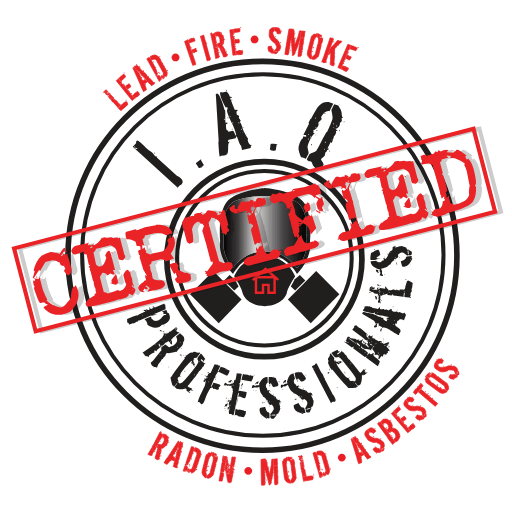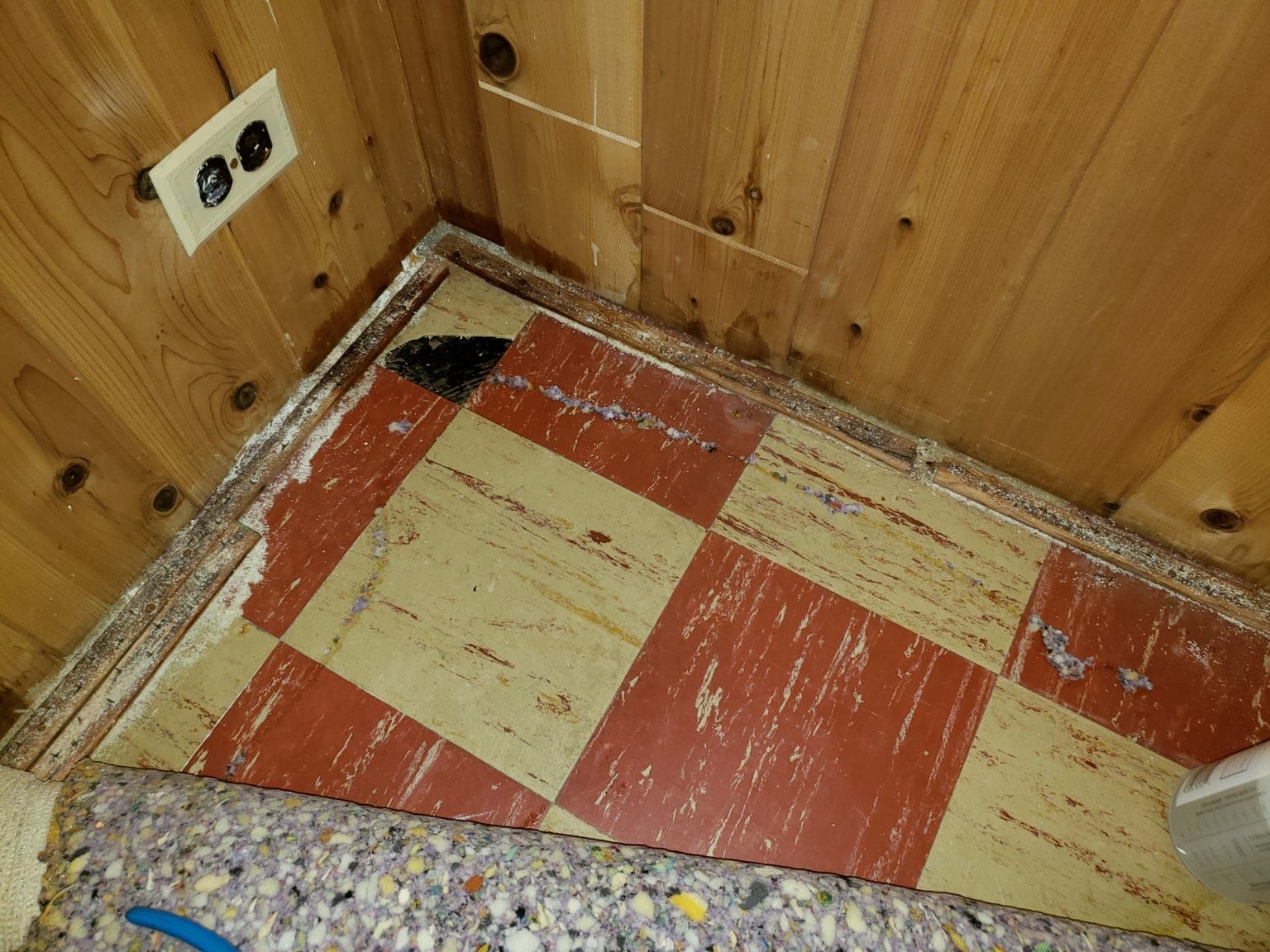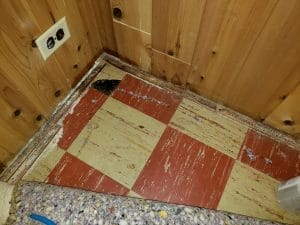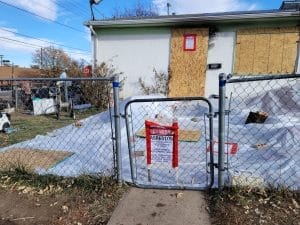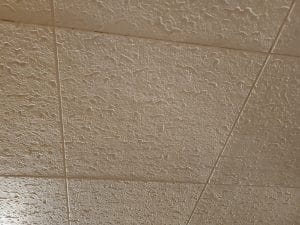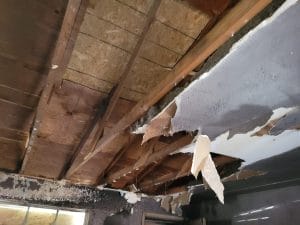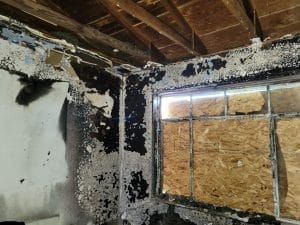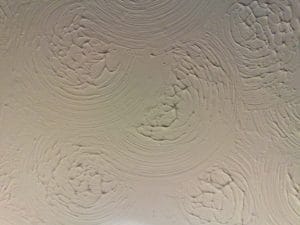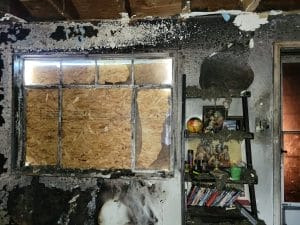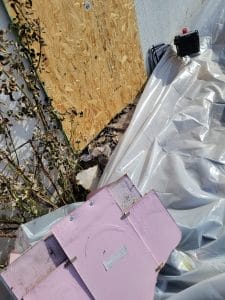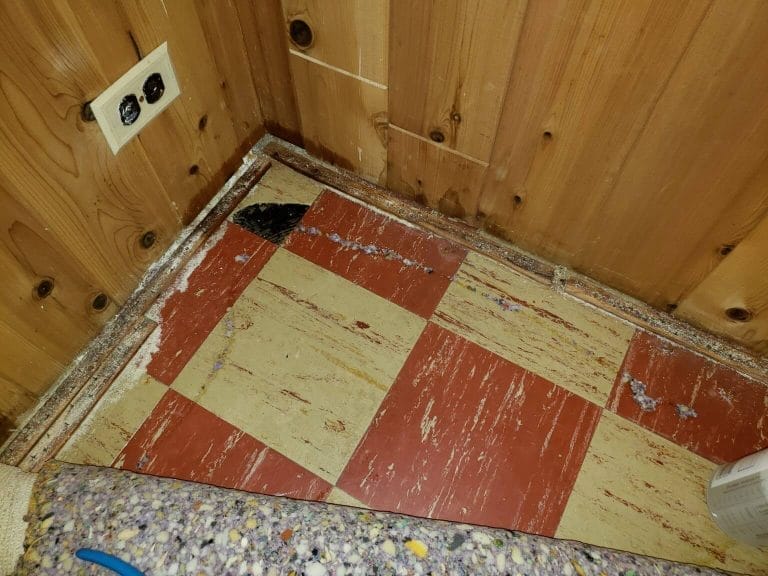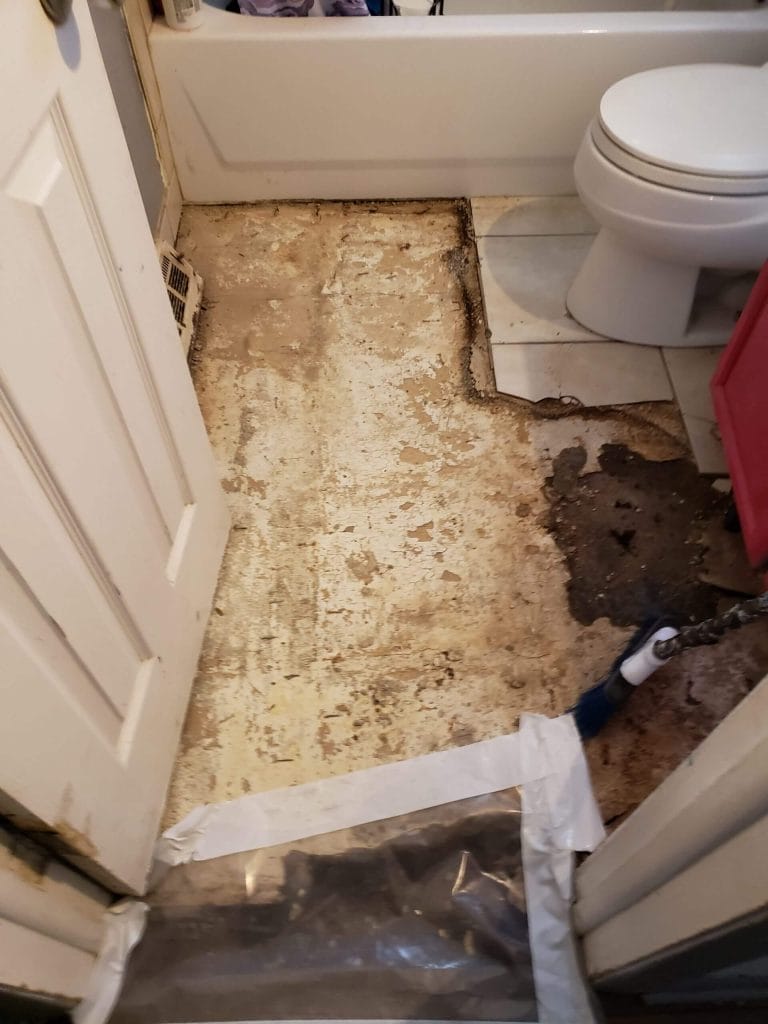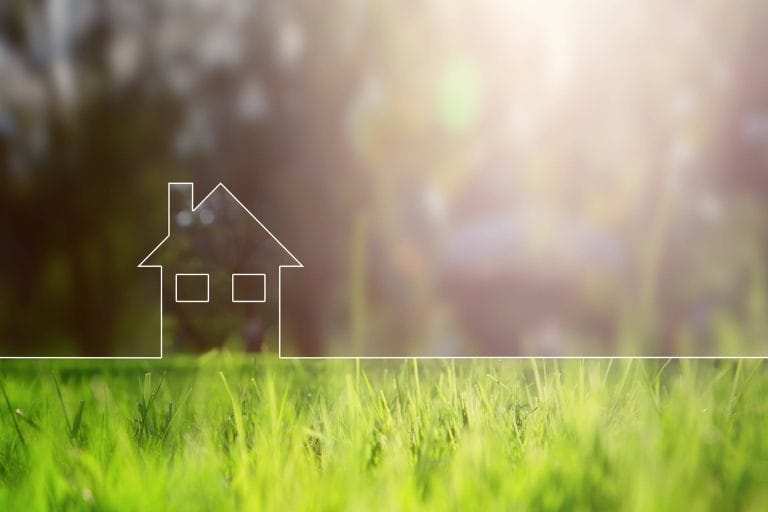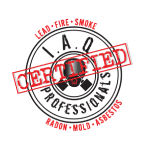Your Partner for Precise Asbestos Testing and peace of mind
Professional Asbestos Testing
Certified IAQ is your trusted partner for comprehensive asbestos testing. Our expert services help ensure the safety of your indoor environment by accurately identifying and assessing the presence of asbestos-containing materials, providing peace of mind for your home or business.
- 23+ Years in the Indoor Air Quality Industry
- Accurate & Reliable Testing
- Fully Insured
Asbestos Testing For your safety
Certified IAQ offers specialized asbestos testing services for both homes and commercial properties, prioritizing the safety and well-being of occupants. Asbestos, a hazardous mineral fiber, can be found in various building materials and poses significant health risks when disturbed. Our experienced team conducts thorough inspections, delivering comprehensive reports for safe asbestos management. We also provide Asbestos Air Monitoring services during removal projects. Our skilled team conducts meticulous air monitoring analyses to detect and minimize any potential release of asbestos fibers, safeguarding both the work areas and nearby spaces from health risks. With our expertise, you can trust that your environment will be safe from harmful asbestos contamination.
Whether you are a homeowner or a commercial property owner, you can trust Certified IAQ for precise asbestos testing tailored to your unique property needs.
Residential Asbestos Testing
Certified IAQ understands the importance of a safe home environment. Our asbestos testing services for homeowners are designed to ensure that your dwelling is free from this harmful material. Asbestos can be lurking in various building materials, posing serious health risks when disturbed. Our experts conduct thorough inspections and sample collections, accurately identifying asbestos-containing materials. With Certified IAQ, you can proactively address any asbestos concerns, ensuring the safety and well-being of your family in your home.
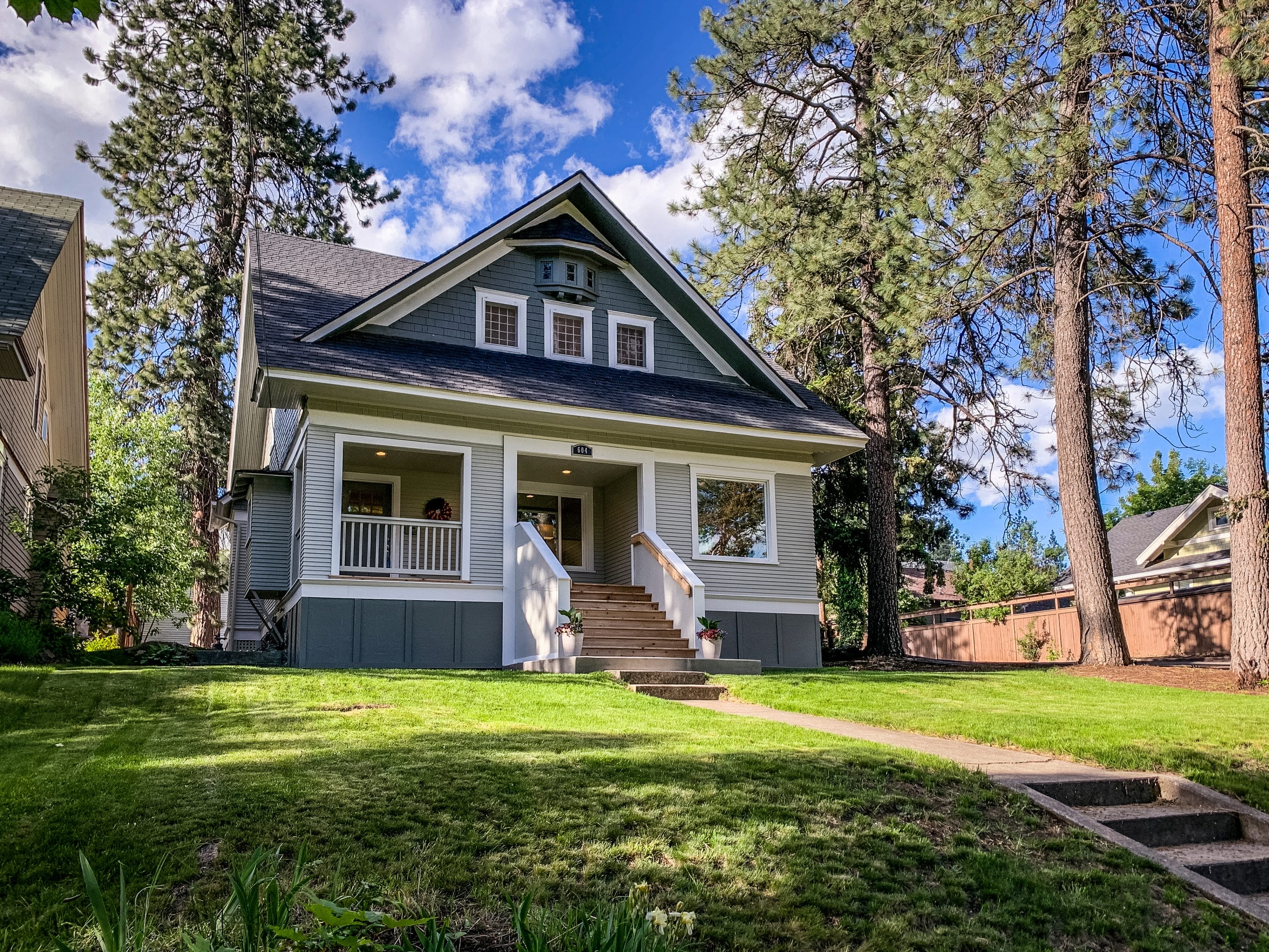
Commercial Asbestos Testing
At Certified IAQ, we offer specialized asbestos testing services tailored to commercial properties, including multi-family units. We understand the importance of maintaining a safe and compliant environment for occupants and business operations. With Certified IAQ, commercial property owners and managers can confidently address asbestos concerns, ensuring the well-being of tenants and protecting against potential legal issues. Trust us to provide precise asbestos testing and guidance tailored to your property's unique needs.

Indoor air quality Facts
Indoor air quality (IAQ) is a significant concern in Colorado due to various factors. The state's diverse climate often leads to homes being sealed tightly which can trap pollutants indoors. Colorado's higher altitude can result in lower oxygen levels, making IAQ crucial for respiratory health. Wildfires and outdoor air pollution also contribute to IAQ challenges, emphasizing the need for testing and remediation to ensure clean and healthy indoor air.
Altitude Impact
Greater Sensitivity and Illness For Respiratory Health
Wildfires
Smoke Can Significantly Impact Indoor Air Quality
1 In 2 Homes In Colorado
Have Levels Above The EPA’s 4.0 pCi/L Radon Action Level
Remediation
Is Recommended By The World Health Organization For Healthier Indoor Air
Learn more in our radon resources, EPA's website or radon.org.
Our Service Area
Serving all of Colorado for Radon Testing & Mitigation, and Nebraska for Lead Testing & Mitigation.

Our Process
Contact Us
Contact us to find out more about mitigating your home or business for radon, and we'll schedule a visit as soon as possible!
Quote & Schedule
Our technician will provide a quote over the phone and then schedule for your property to be tested.
Conduct Testing
Our technician will arrive at your scheduled appointment to test your property.
Results
You will receive a report with the results once the testing has been completed.
Remediation
Pending the testing results, we will recommend the next remediation steps to take.
Recommendations
Once remediation is complete, we may make further recommendations pending your property’s unique needs.
Why Choose Us
We are dedicated to providing exceptional service to our customers. Our commitment to quality is reflected in our use of industry-standard equipment and a highly qualified and certified team. At Certified IAQ, we pride ourselves on delivering high-accuracy testing with consistently reliable results, ensuring that you can trust us to meet and exceed your expectations. Whether it's for air quality assessments, remediation, or any other environmental testing requirements, Certified IAQ is your trusted partner for a healthier and safer living or working environment.
High-Accuracy Testing
We provide quality results that you can trust.
Fully Insured
We are fully insured for your peace of mind.
Low-Level Guarantee
Custom Systems
Reliable results
Qualified & Certified
Friendly, On-Time Techs

FAQ About Asbestos Testing
Let our Certified IAQ Radon experts answer any further questions you may have about Asbestos testing.
Asbestos is a naturally occurring mineral fiber that was used in various building materials due to its strength and heat-resistant properties. However, it has been linked to serious health issues, including lung cancer and mesothelioma, when its fibers become airborne and are inhaled.
Asbestos testing is necessary to identify whether asbestos-containing materials are present in homes, buildings, or commercial properties. Testing helps ensure the safety of occupants by assessing the risk of asbestos exposure and allowing for proper management or removal if needed.
You may need asbestos testing if your property was built or renovated before the 1980s, as asbestos-containing materials were commonly used in construction until that time. Signs that may indicate the need for testing include the deterioration or damage of building materials, such as insulation, flooring, or ceiling tiles. Additionally, if you plan to renovate or perform any construction that could disturb building materials, it's essential to have an asbestos assessment done to protect the health of workers and occupants.
Certifications & Affiliations
Our certifications and affiliations ensure you receive quality and trustworthy services.








Testimonials
What Our Customers Say About Our Services
I highly recommend Certified IAQ for testing and remediation work. They are extremely knowledgeable, responsive and reliable. As a Realtor, my transactions often require their service and used them many times. They are my trusted experts!

Every basement remodel we complete we have Certified IAQ test for Radon and mitigate when necessary. They are professional, clean, responsive and price competitive. I highly recommend Certified IAQ.

As a licensed real estate agent, this is my go-to team and favorite to work with. They do an incredible job taking the data and relating it in a meaningful and understandable way to me and my clients.

Certified IAQ are truly the best. They are responsive, professional an amazing to work with. I would highly recommend Certified AIQ to everybody. You will not be disappointed working with this company.

Great experience working with the team here. We had a slightly tricky radon mitigation job (old house, many layers, etc.) and they were with us every step of the way.

We used Certified IAQ for a complex radon mitigation issue in our historic house, built in 1892. They installed a unique mitigation system that is doing a fantastic job with a difficult basement. Highly recommend!

Resources
Let us be your source for quick, comprehensive answers to all of your radon questions! Our expert staff is standing by to help.
The Importance of AHERA (Asbestos Hazard Emergency Response Act)
Asbestos, once hailed as the “magic mineral” for its heat resistance, strength, and insulation capabilities, is now known to pose severe health risks when inhaled or ingested. The understanding of these dangers prompted the United States Congress to pass the Asbestos Hazard Emergency Response Act (AHERA) in 1986. Let’s explore the significance of AHERA, what...
Types of Mold and How To Remove them from your home
There are many different types of Mold. Mold itself is a type of fungus that grows in damp or humid conditions. It can be found indoors and outdoors, and it can cause health problems, such as respiratory issues and allergic reactions. There are several common causes of mold growth in the home, including: Leaky pipes...
8 Top Things You Need To Know About Radon
Radon Exposure Is Dangerous Radon is the leading cause of lung cancer for non-smokers in the United States and the second leading cause of lung cancer for smokers. It is estimated that radon gas is responsible for as much as 14% of all lung cancers worldwide with higher rates among smokers. The Surgeon General and...
Take action today to protect your Home – Schedule a test now!
If you're seeking a dependable indoor air quality company for top-notch professional testing services, your search ends here! Safeguard your family or employees from harmful radon levels – Contact Certified IAQ now for all your testing needs!
